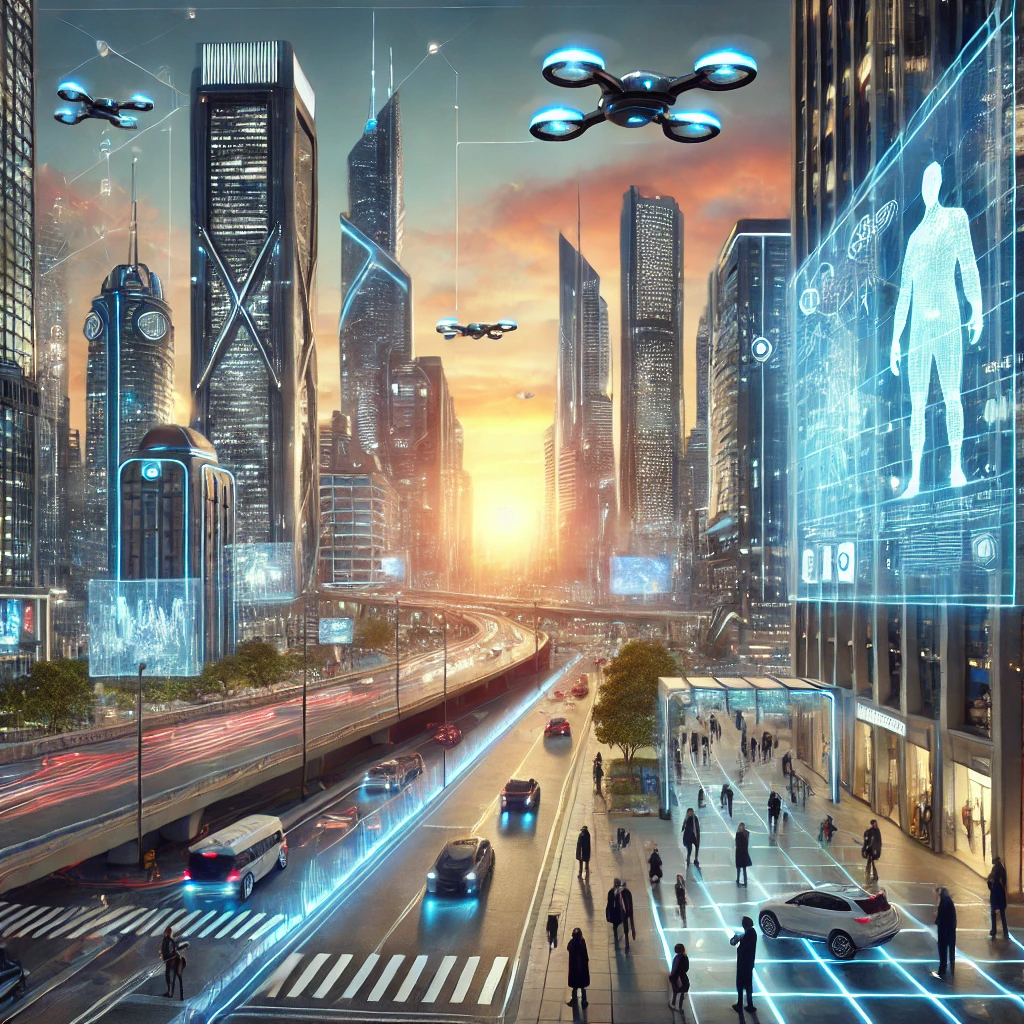
The potential future advancements in generative AI technology are both broad and impactful, encompassing improvements in capabilities, accessibility, and ethical considerations. Here are several key areas where significant advancements may occur:
- Enhanced Creativity and Complexity:
Future generative AI models could offer more sophisticated and nuanced content generation, producing outputs that are indistinguishable from human-created content. This includes advancements in writing, music, art, and design.
2. Improved Understanding and Context Awareness:
AI systems are likely to develop better contextual understanding, allowing them to generate more relevant and accurate responses or content. This could involve a deeper grasp of subtleties, sarcasm, cultural nuances, and emotional undertones.
3. Multimodal Capabilities:
The integration of multimodal functionalities, where AI can process and generate content across different forms of media (text, image, video, audio) seamlessly, is expected to expand. For instance, an AI could take a story written in text and convert it into a fully animated video.
4. Customization and Personalization:
Generative AI could become highly personalized, adapting to individual user preferences, styles, and needs in real-time. This might include customizing educational content to a student’s learning style or adapting marketing content to align with audience demographics.
5. Interactivity and Real-time Feedback:
AI might become more interactive, providing real-time generation and modification of content based on user feedback. This could be particularly transformative in fields like video gaming, virtual reality, and interactive learning environments.
6. Safety and Ethical Advances:
As concerns about AI ethics and safety grow, future developments are likely to include more robust mechanisms to prevent the generation of harmful, biased, or unethical content. This includes better content filtering systems, fairness audits, and transparency in AI decision-making processes.
7. Energy Efficiency and Scalability:
New techniques could make AI models more energy-efficient and easier to scale, reducing the environmental impact and making powerful AI tools accessible to a broader range of users and developers.
8. Regulatory and Standard Development:
The development of international standards and regulations for AI usage could lead to more consistent and safe deployment of AI technologies across different sectors and countries.
9. Generalization and Few-shot Learning:
Advancements in few-shot learning, where models require significantly less data to learn new tasks, could lead to more robust generalization capabilities. This means AIs could perform well in a wider range of applications with minimal specialized training.
10. Integration into Daily Life and Industry:
Generative AI could become more deeply integrated into everyday tools and professional software, enhancing productivity and creativity in various industries such as healthcare, education, entertainment, and more.
These advancements are contingent on continuous research, ethical oversight, and thoughtful implementation to ensure that the benefits of generative AI are realized while minimizing potential risks and harms.